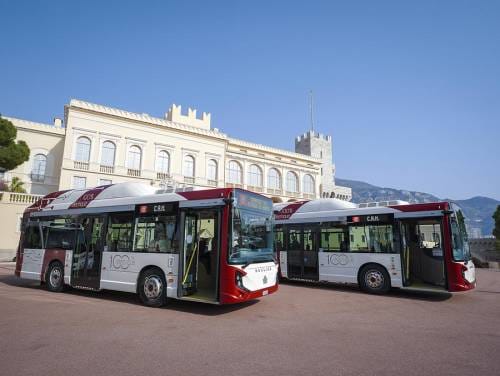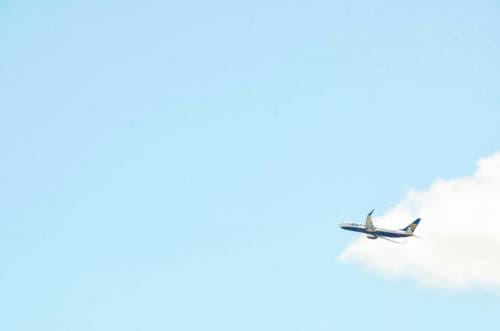The Principality of Monaco has launched a transoceanic exploration vessel that will traverse the world’s oceans while providing a research platform for dozens of scientists who try to gain a deeper understanding of the blue planet.
Launched on the sidelines of the United Nations Oceans Conference in New York by Prince Albert II, the ship and its collective of scientists will depart Port Hercules, Monaco on the 27th of July.
They will be visiting approximately nine areas including off the West Coast of Africa where they will study biodiversity and mega fauna, extracting environmental DNA while developing a deeper understanding of the chemical and biological effects of global warming on the oceans.
The Yersin is a 75-metre ship that will embark on a three-year exploration journey in what officials are calling an expedition to discover the last continent – or the blue planet.
Monaco’s Prince Albert II says: “The preservation of our environment has become, as you know, a priority of out time. What was only a few years ago for most people, not for us at this table…I think most of us in this room… not a secondary consideration but for some people of course it was, and nowadays appears to be a universal imperative shared by most governments of the world.”
The Yersin is what is known as a “clean ship” leaving no environmental footprint where ever it goes allowing prime conditions for study and scientific research in the waters where it travels.
It has six laboratories and the latest technological equipment on board, will include scientists from different specialties and is part of an endeavour that hopes to influence the politics and policies of the world’s oceans.
Professor Margaret Leinin is part of the Monaco Explorations Scientific Steering Committee.
“All of the places that are going to be visited, this is a set of cruises that will go to some of the places that are very difficult for oceanographers to visit routinely, the south pacific, the central and southern Indian ocean, even the transects between the islands that are going to be visited are important because they provide opportunities for us to look at what’s happening in parts of the ocean that we don’t get to.”
The world hopes to achieve protection of some 30% of the world’s oceans by 2030 as the Yersin hope to study visible and non-visible organisms below the surface.
The Committee’s Professor Francoise Gaill says: “To well protect, we need deep knowledge of this environment which is lacking today. The ocean is the last continent which has to be discovered and the Monaco exploration is the opportunity to fill this gap of this unawareness. It is said that we have identified about ten percent of the marine biodiversity today and we have to explore the ocean for knowing what are the species living there, with what type of behaviour.”
Prince Albert was asked to weigh on the withdrawal from the Paris Climate Change Agreement by the United States.
“On the United States withdrawal from the Paris Agreement which I think and everybody’s mind is catastrophic, but I think this only has made everybody more aware of the importance of the issue and I think has made up more determined to reach the goals that all our countries have put forward to meet the targets that were demanded by the Paris Agreement.’
Expressing hopes Washington will reverse its decision.
Source: www.sabc.co.za/news/








